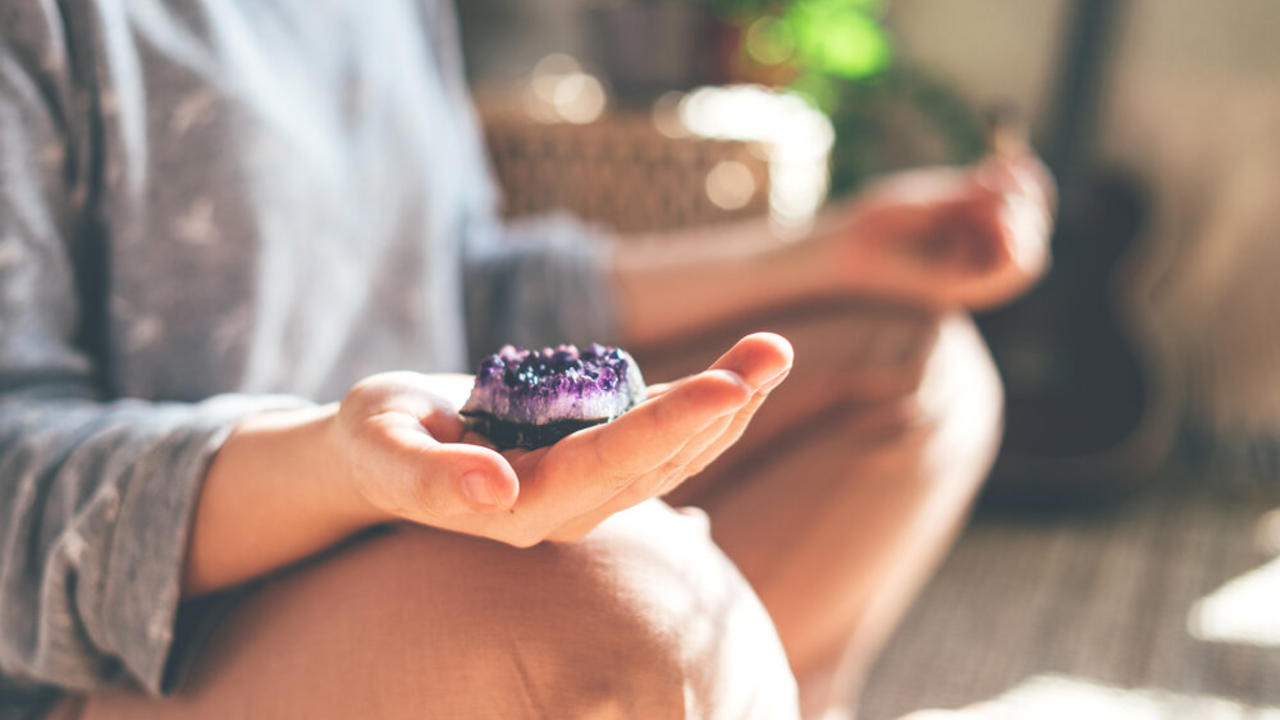7 TELLTALE SIGNS YOU’RE CLOSE TO BURNING OUT

Guest Blog from SheCares Wellness Speaker Rocio “Luz” Cadena, Life of Leisure. Get your ticket here to join her workshop, How To *Actually* Reclaim Your Time.
“The high value put upon every minute of time, the idea of hurry-hurry as the most important objective of living, is unquestionably the most dangerous enemy of joy.” – Hermann Hesse
I founded Life of Leisure as a way to cope with – or better yet, transcend – the toxic culture of busyness and burnout we live in. But I realize that some of us may be so caught up in the cult of activity that we don’t even notice when we’re entering (or already deep into) burnout territory until it’s too late.
Surely you’ve already heard the buzzword “burnout” plenty, but what actually is this phenomenon? Simply put, burnout is the result of experiencing prolonged or chronic stress. Burnout can leave you feeling exhausted, empty, and unable to cope with adulting. Burnout can manifest itself in a variety of mental, emotional, and physical symptoms. The condition of burnout is mainly associated with the demands of our working lives, but can also arise within our personal lives.
If left unattended, burnout can be debilitating and make it incredibly difficult to function normally. Coping with burnout is essential to avoid negatively impacting your health, happiness, relationships and job performance. Here are 7 signs that you might be experiencing burnout.
1 | LOSS OF CREATIVITY / MOTIVATION
Activities that typically bring you joy like cooking a delicious meal or maybe watercolor painting no longer hold your interest. You may lack motivation to perform not only work duties but to socialize with friends/family or do any of your usual hobbies or wellbeing practices like yoga, meditation, etc. Lack of creativity and drive sucks for us all but especially those that work in creative industries and their jobs rely on their sense of creativity. Besides big work projects, you may find yourself unable to get the most basic of things around your home like doing laundry or washing your dishes.
2 | ANXIETY
Anxiety is the price we pay for living in 1st world countries. No, really. Anxiety and depression mainly affect rich countries. Because we live in modern and chaotic times, most of us have dealt with anxiety to varying degrees. Covid-19 has also exacerbated our existential anxiety. But the anxiety that comes from burnout tends to be a lot more intense and debilitating than the episodes we may be used to, or affect aspects of our lives that under normal circumstances wouldn’t trigger us – like driving into work.
3 | IRRITABILITY
Having a short temper and snapping at those around us a lot more than seems normal for your own specific standards, maybe a burnout red flag. Feeling irritable is a common condition of being a human being, but you should know the threshold of what is normal for you. If you’re experiencing deep feelings of annoyance and anger that are out of character, it may be wise to take stock of your current situation and make a game plan on how you can change or improve it.
4 | EMOTIONAL NUMBNESS / DETACHMENT
Generally having a blasé or meh view of your life (when this isn’t your default mode) is a good indicator you might be burning out. Disconnecting from your feelings is a common coping mechanism your mind uses to deal with an overwhelming external situation. While to the outside world it may look like you’ve stopped caring, internally you may simply feel an immense emptiness. Burnout can leave you feeling emotionally vacant or depleted.
5 | NEGATIVE MINDSET
If you typically are an optimistic person but find yourself constantly complaining about your job, colleagues, or other areas of your life, beware! While venting does the soul wonders, incessant complaining may point to an underlying issue like burnout. Again, self-awareness is important here because only you (or those that live with you) know what is common for you. But if you find that you can barely find things in your life to get excited about, burnout may be to blame.
6 | DECREASED WORK PERFORMANCE
When we’re experiencing burnout, our work performance slips big time. As much as we may want to crush it at work despite our low mood, our body and mind cannot cooperate because they are running on empty fuel. You can compare how you were doing a year ago to better gauge what is currently going on. But if your manager or colleagues start to make comments on errors you’ve made or that you’ve been absent-minded recently, you may want to ask yourself some hard questions about what’s going on with you.
7 | PHYSICAL AILMENTS
While the above symptoms are mostly intangible given that they affect the mental and emotional, physical ailments are helpful because they are easier to notice. Physical symptoms include bodily aches + pains, headaches, stomach + digestive issues, heart palpitations, dizziness, and insomnia. You’ll want to focus on the length and intensity of these issues. If it’s common for you to have insomnia a few times a year, then you may not be burning out. But if you’re having sleeping issues for months on end when you typically sleep like a baby, you should pay more attention to what else you’re feeling. It’s crazy what stress does to the body!
The epidemic of burnout that millennials experience is the reason one of the core tenets of Life of Leisure is to reject the myth that our work/career determines our value and fully defines our lives as human beings. And instead, reframe work as one – but not the most – important part of our lives. In the near future, we’ll talk about how to help you prevent burnout, and how to recover from it if you already are burnt out.
xxx,
Luz, @lifeoleisure
